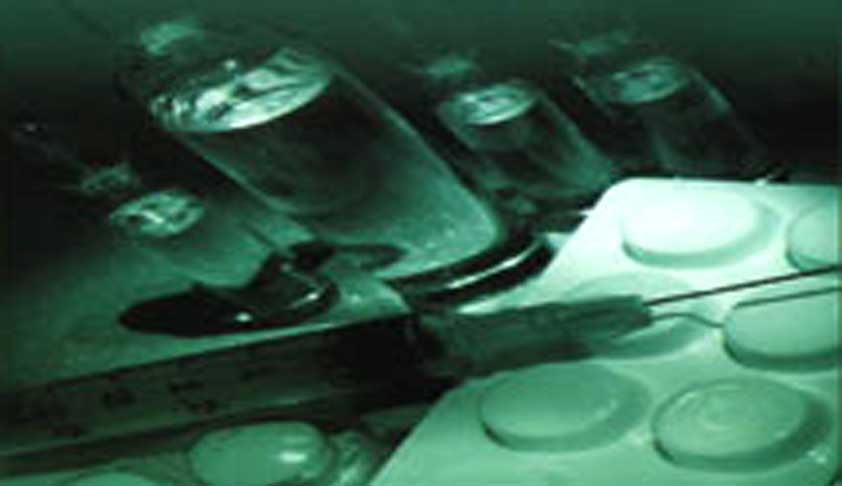- Home
- /
- News Updates
- /
- Withdrawal of the Drugs and...
Withdrawal of the Drugs and Cosmetics (Amendment) Bill, 2013
PIB
22 Jun 2016 5:54 PM IST
The Union Cabinet, chaired by the Prime Minister Shri Narendra Modi, has decided to withdraw the Drugs and Cosmetics (Amendment) Bill, 2013, which had been introduced in the Rajya Sabha on 29.08.2013. The Bill had been examined by the Standing Committee of Parliament which had made a number of recommendations for changing the provisions of the Bill.India is one of the largest manufacturers...
Next Story



